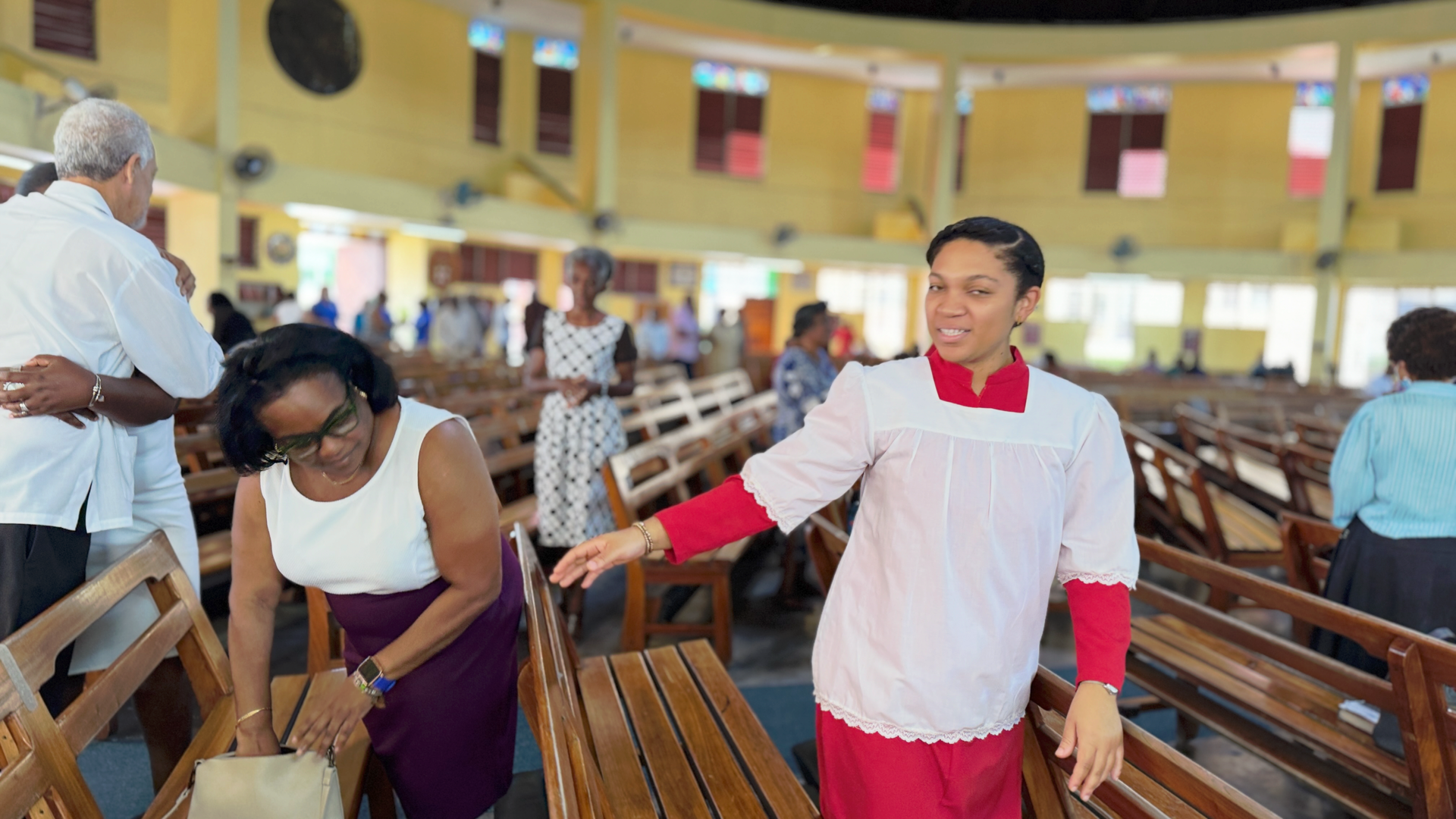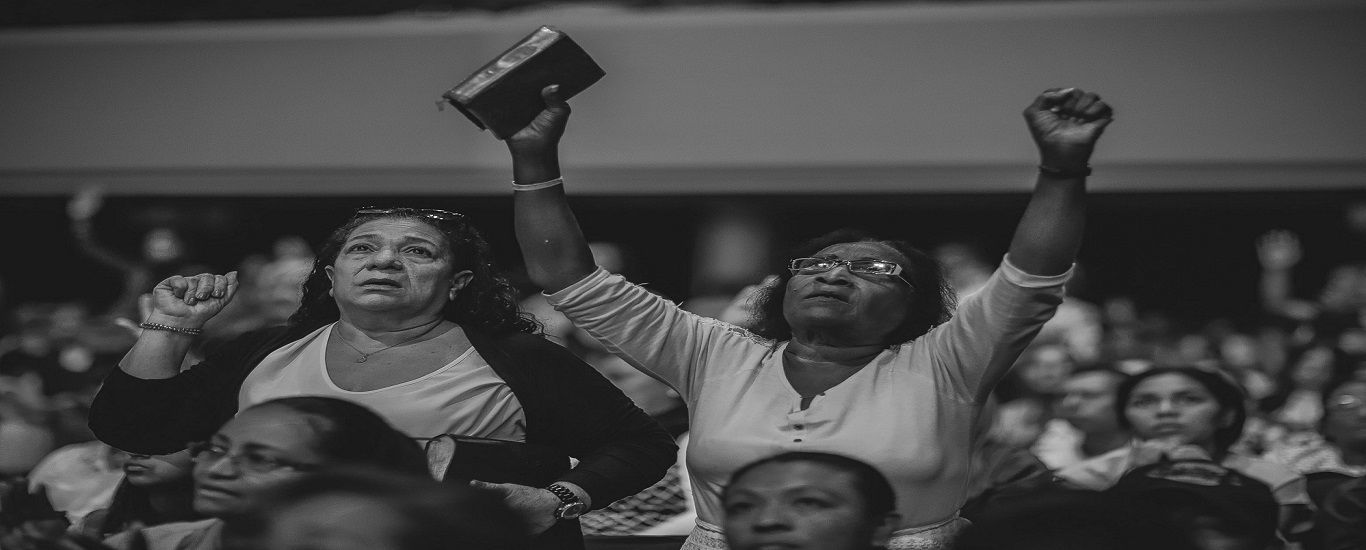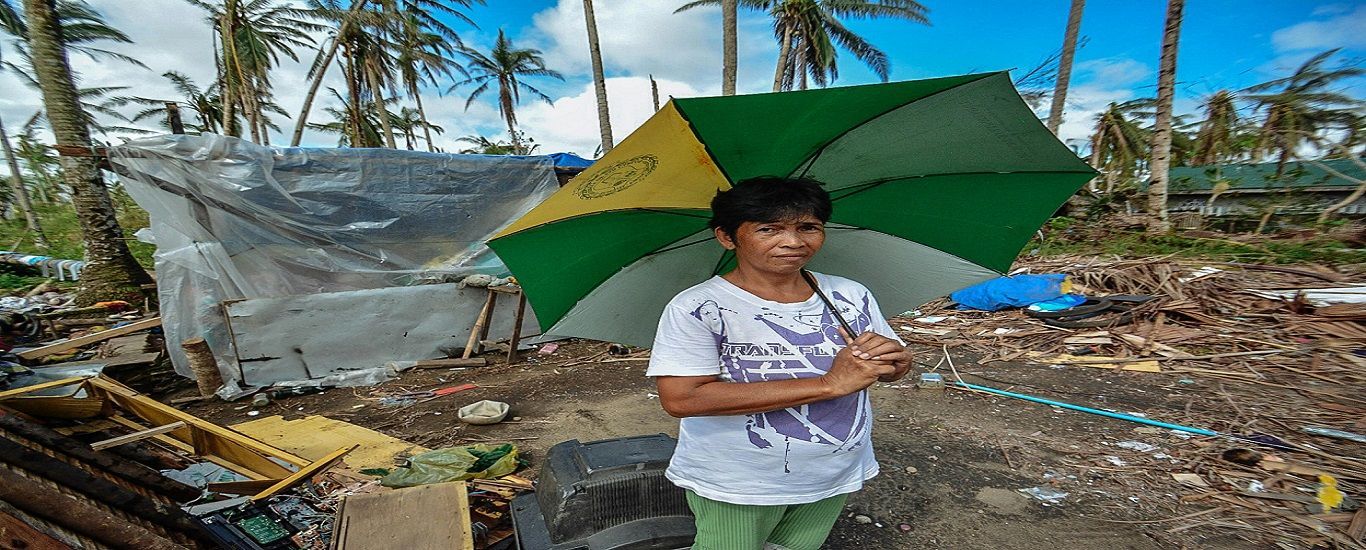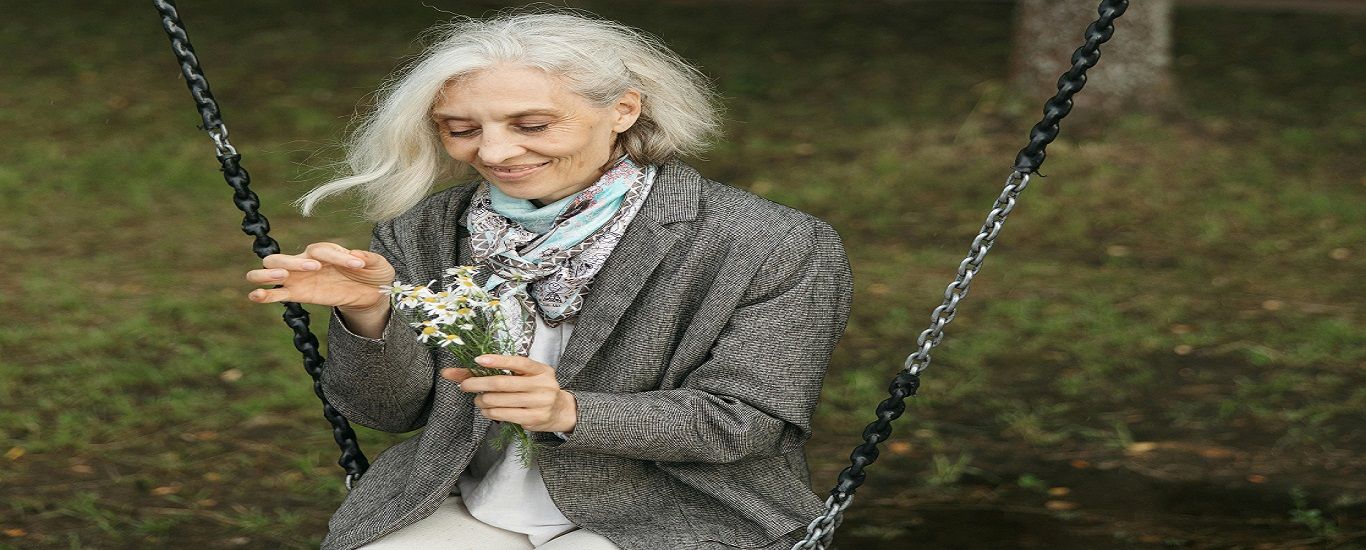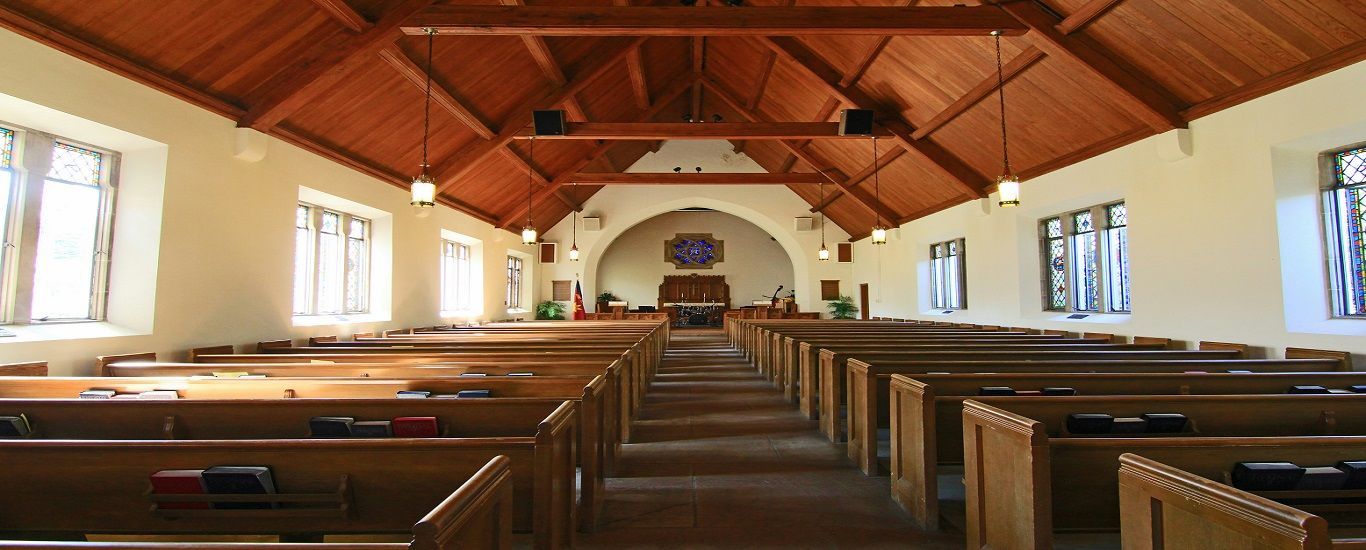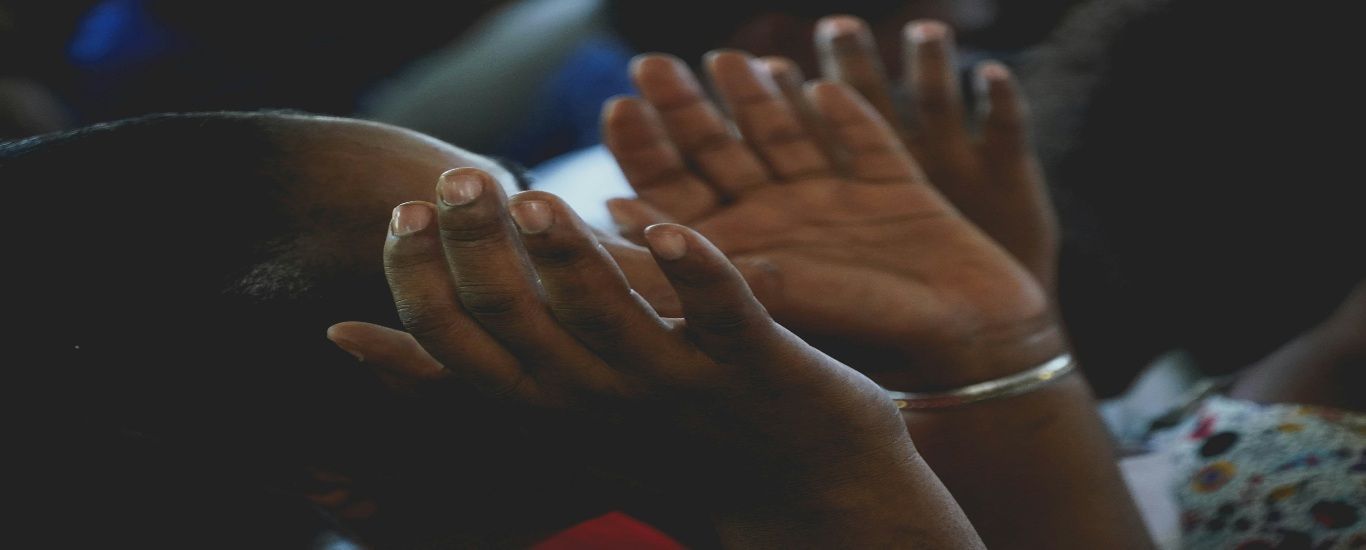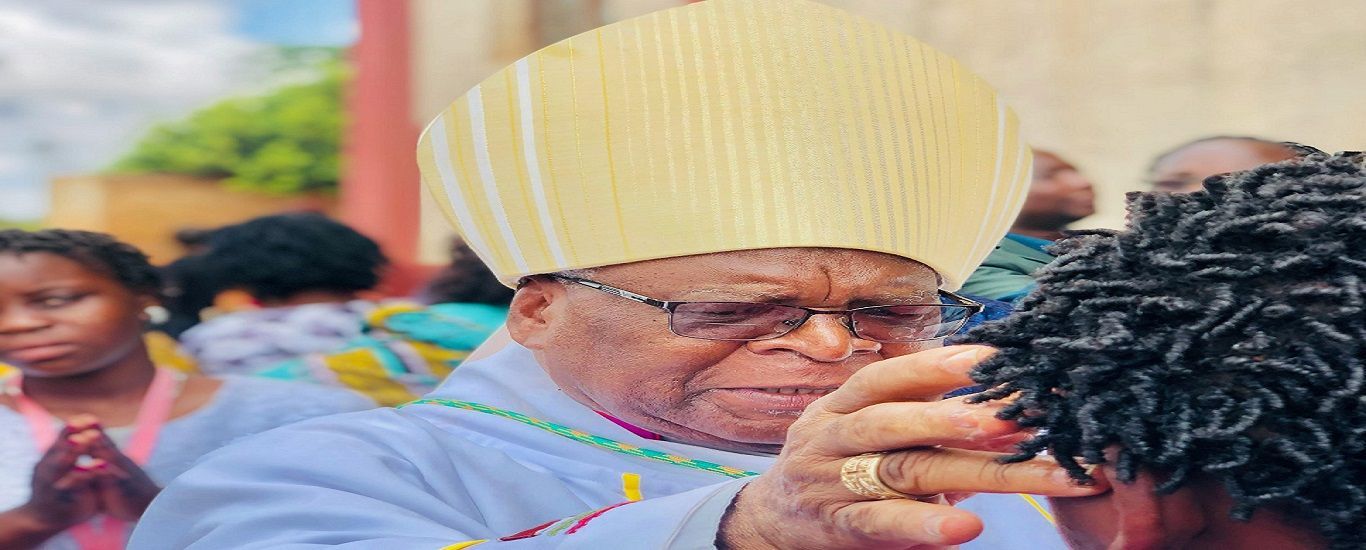Peace and Healing
Last Sunday, Archdeacon Cunningham identified the central theme of the day’s readings – peace and healing – as global necessities that could “heal the world”. Peter Tosh’s song “Equal Rights” notes, “Everybody’s crying out for peace, nobody’s crying out for justice, I don’t want no peace, I need equal rights and justice”. I don’t agree with Tosh for not wanting peace, because it is the interconnected and interdependent medium of equity, justice and love – the themes of today’s readings – which the world lacks, then and now, that will achieve peace and healing to “make the world a better place”. Both the Old Testament and Gospel readings highlight the inequity, social injustice and the absence of love for God and our neighbour.
The main theme of the Old Testament reading is the confrontation between the Prophet Amos and the religious and political power brokers of the day – the priest Amaziah and King Jeroboam of Israel. God, having observed and assessed the behaviour of His people, sent the herdsman (keeper of cows and sheep) Amos, to deliver His message of judgement for the sins of injustices and oppression of the poor and needy which they committed, and the consequences of their disobedience to God and rejecting His word (Chapters 4 and 5). God used Amos to call out the people of Israel to fix the injustices they created. Amaziah was not happy about the message, so he attempted to silence Amos, after all, who was he! Amaziah rejected the message and the messenger, accused the prophet of treason and ordered him to leave Judah (7:10-12).
I ask the question, is the Church and Government in our time rejecting or responding to changing and fixing injustice and partially contributing to human suffering? The Psalmist says, “Save the weak and the orphan; defend the humble and needy. Rescue the weak and the poor; deliver them from the power of the wicked.” (Psalm 82:3-4).
Sisters and brothers, as members of the global community, what are we doing about it? “Where there is no vision, the people perish (Proverbs 29:18 KJV). Those who can speak, speak, but it also requires action to hold not only the church and governments to account, but action from us to be agents of change. One thing I know for sure is, we all have a part to play; we all can pray and must pray for change. “There will never be peace, until God sits at the conference table”.
Similarly, the story of the Samaritan highlights the social injustice and inequity of the time and the absence of unconditional love. The parable was not only about giving assistance to someone in distress; it exposed the lack of compassion and indifference of the religious leaders towards someone in need, and the social structure that allowed such injustice. God’s second commandment, “You shall love your neighbour as yourself” (Matthew 22:39) was absent from that section of the scenario.
By telling the story of the Samaritan, Jesus answered the lawyer’s question “Who is my neighbour?” The Samaritan took unto himself the social and financial risks of applying first aid to the wounded man and arranging a place for him to recuperate. The despised Samaritan became the hero of the story. The parable reinforces the action of love - unconditional love. It teaches us that we have a responsibility to extend love to our brothers and sisters regardless of their background or social status. “We love because He first loved us” (1 John 4:19).
Brothers and sisters, is God setting a plumb line in our midst? There is the message of hope that we can be saved if we are obedient. Promoting equal rights, social justice and unconditional love creates a foundation for peace; addressing past injustices through healing processes will solidify peace and minimize future conflicts.
Finally, brethren, I close with a verse from Hymn 308 (CPWI):
For the healing of the nations,
Lord, we pray with one accord,
for a just and equal sharing
of the things that earth affords.
To a life of love in action
help us rise and pledge our word.
Donna-Marie Bennett


